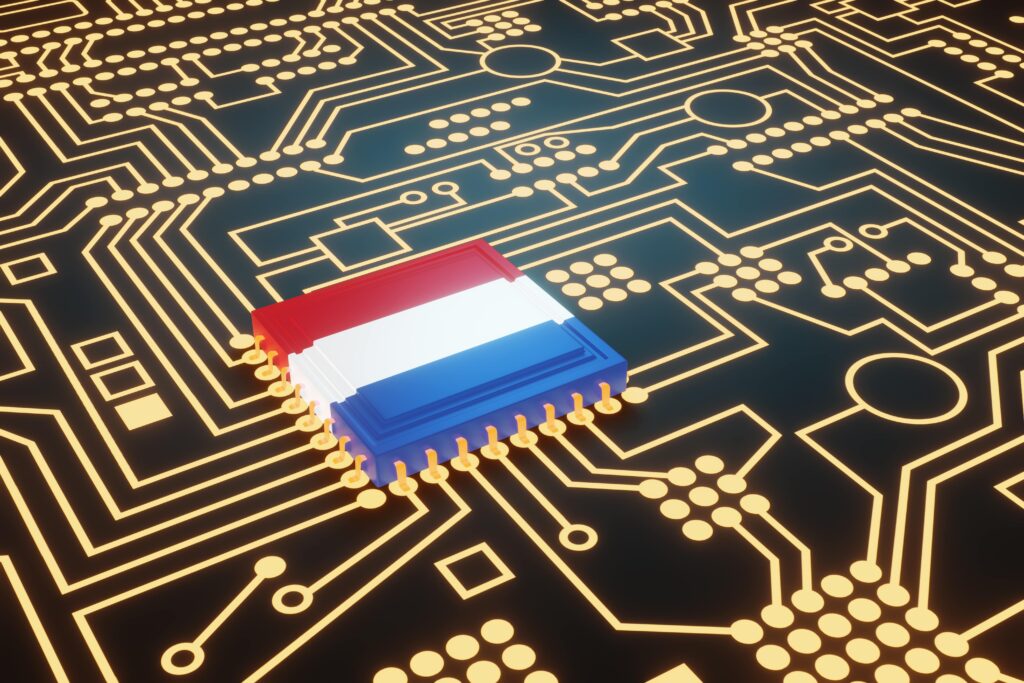In a significant development, the Dutch government has issued a clarification on export restrictions for ASML, Europe’s largest technology firm, stating that the company requires a license to provide spare parts and software updates for certain chipmaking equipment sold to Chinese customers. This move is part of the Netherlands’ efforts to align its export policy with that of the United States, amidst ongoing trade tensions between the US and China.
The Foreign Ministry’s clarification follows confusion over potential additional servicing restrictions on ASML, which dominates the global market for lithography tools essential for chipmakers. The company has been at the center of US-China trade tensions, with the US government pushing for stricter controls on the export of advanced chipmaking technology to China.
According to the Dutch government, servicing, including parts, software, and technology, is subject to licensing requirements, which have been expanded to include ASML’s 1980di and 1970di machines as of September 6, 2024. This means that ASML will need to obtain a license to provide maintenance and support services for these machines, which are used in the production of advanced semiconductors.
ASML has stated that it does not expect the change to impact its earnings, but the move is seen as a significant development in the ongoing trade tensions between the US and China. The company has already instructed Chinese customers not to expect licenses to import its most advanced tools after January 1, 2024, in anticipation of stricter export controls.
The Dutch government’s move is part of its efforts to coordinate export policy with the US, citing security concerns over Chinese support for Russia in the Ukraine war. ASML CEO Christophe Fouquet expects continued US pressure for additional restrictions, but also anticipates pushback from the Dutch government, which is seeking to balance its relationships with both the US and China.



